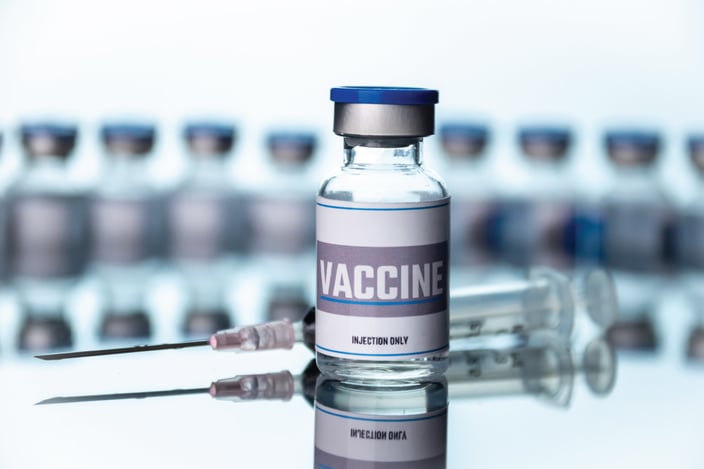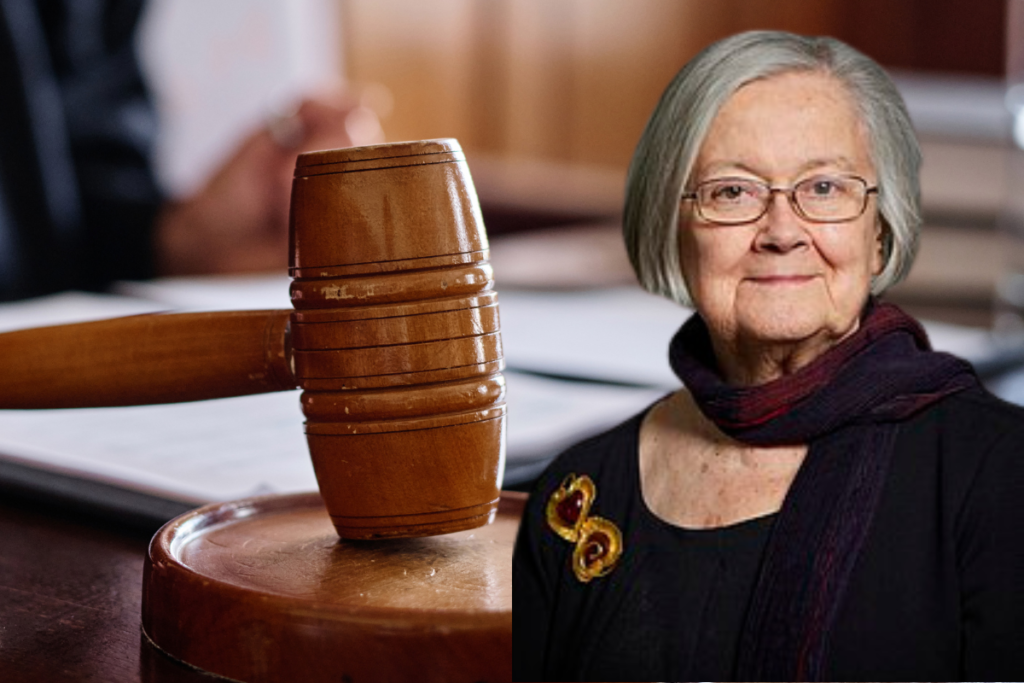Australia’s treatment of children, particularly within its youth justice systems, has deteriorated significantly, tarnishing the nation’s human rights standing. A recent report by Human Rights Watch highlights alarming practices, including the detention of minors in adult facilities and the lowering of the age of criminal responsibility in certain regions.
The Human Rights Watch World Report 2025, released on January 19, 2025, underscores a troubling regression in Australia’s commitment to children’s rights. The report criticizes Queensland and Western Australia for incarcerating children in adult detention centers, a practice that contravenes international human rights standards.
Additionally, the Northern Territory’s decision to reduce the age of criminal responsibility from 12 to 10 years old has drawn significant condemnation. Aboriginal and Torres Strait Islander Social Justice Commissioner Katie Kiss expressed deep concern over these findings, emphasizing the systemic issues contributing to the mistreatment of First Nations children.
She highlighted that widespread inequalities in health, housing, and education, coupled with the overrepresentation of Indigenous children in the child protection system, exacerbate the challenges faced by these communities. Commissioner Kiss urged the government to invest in community-led services to address these underlying causes.
The report also sheds light on the harsh conditions faced by children in detention, including the use of solitary confinement. In Queensland, minors have been held in watch houses—facilities intended for short-term adult detention—for extended periods.
An inspection report from September 2024 revealed that children in the Cairns and Murgon watch houses endured overcrowded conditions, lack of natural light, and deprivation of fresh air and outdoor exercise.
In Western Australia, the use of Unit 18, a section of the maximum-security Casuarina Prison, to detain children has been particularly contentious. This practice has raised significant human rights concerns, as adult prisons are not equipped to meet the developmental and psychological needs of minors.
The overrepresentation of First Nations children in the justice system remains a critical issue. Data indicates that Indigenous children constitute approximately 60% of the juvenile detention population, despite representing a much smaller percentage of the overall youth demographic. This disparity highlights systemic inequities that necessitate urgent attention and reform.
Human Rights Watch has called on Australian authorities to implement comprehensive reforms to protect children’s rights. Recommendations include raising the age of criminal responsibility to at least 14 years, ceasing the detention of children in adult facilities, and investing in community-based alternatives to incarceration. These measures align with international human rights standards and aim to address the root causes of juvenile offending.
The Australian government has faced mounting pressure from both domestic and international bodies to rectify these human rights violations. Advocates stress the importance of adopting a child-centric approach that prioritizes rehabilitation over punishment, ensuring that all children are treated with dignity and respect.
As Australia grapples with these challenges, the path forward requires a concerted effort to uphold the rights of its youngest citizens. Addressing systemic inequalities and reforming punitive policies are essential steps toward restoring the nation’s commitment to human rights and protecting the welfare of all children.


